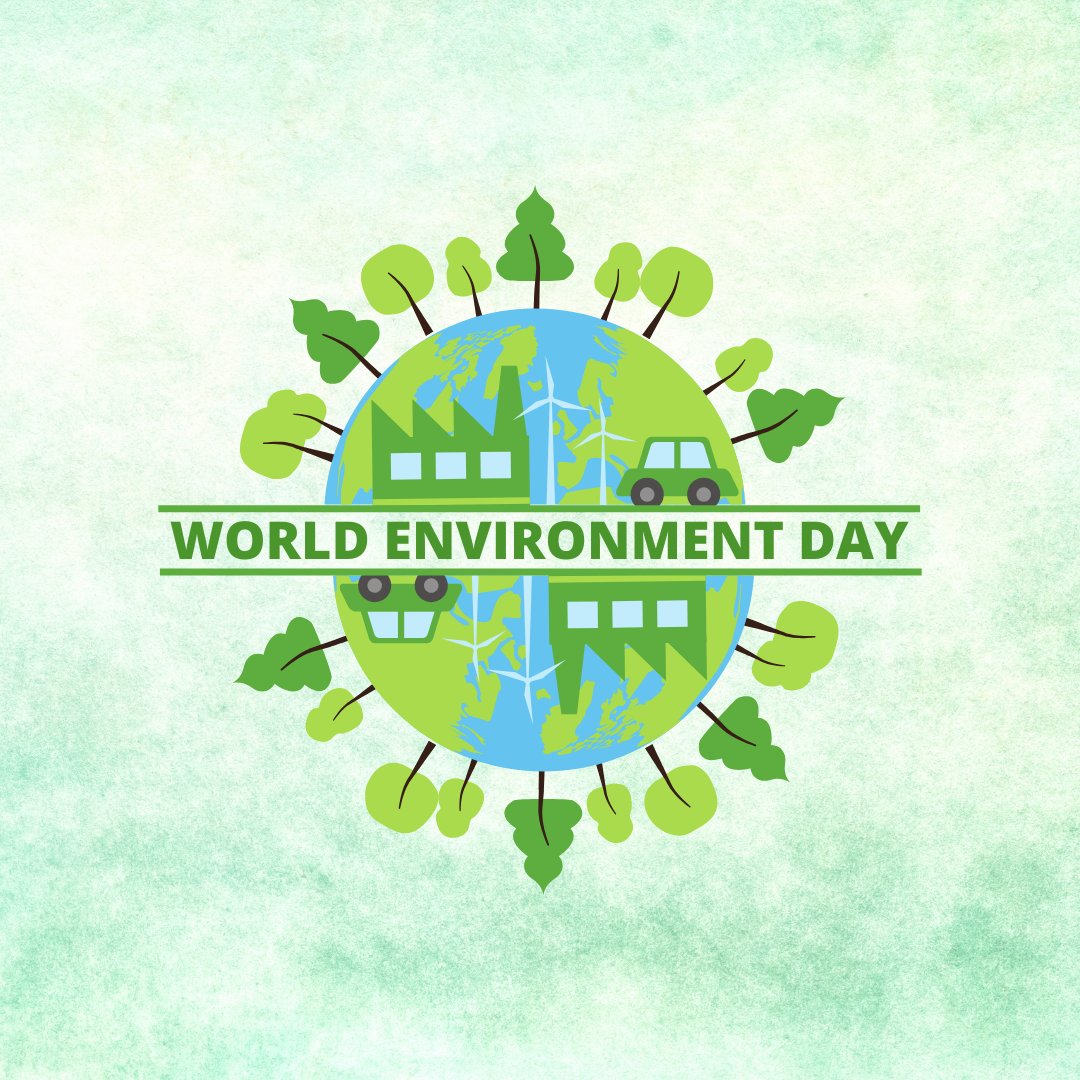 Back
Back
5 ways we can all be more sustainable in everyday life
1. Reduce plastic
Plastic became popular due to its versatility, durability, affordability and availability.
However, its extensive use has had a severe environmental impact. Plastics are building up in the natural environment, endangering wildlife, harming ecosystems and contributing to widespread litter and this pollution has a devastating effect on our oceans and marine life.
Reusing water bottles, coffee cups, shopping bags and cutlery is one way of helping reduce plastic, as is ditching cling film and glitter. Believe it or not, glitter is made from plastic of such a small particles it’s especially lethal to our oceans. These microplastics can eventually enter our food chain, as they can be ingested by plankton and shellfish.
2. Go paperless
The production of paper has a huge impact on the environment, from the tools used to remove the trees to the equipment used to make the paper. Also, when paper is disposed of and begins to decompose it emits carbon dioxide. Some ways to reduce paper usage might be to switch to online applications, send emails instead of letters, and read books through an online source.
3. Cut back on energy use
Small things like turning lights off, turning plugs off and using non-electric alternative appliances can help reduce carbon emission. You might also want to consider switching to a sustainable energy provider or installing solar panels on your house.
4. Shop second hand
According to Oxfam, if all UK adults bought half of their next wardrobe second-hand, it could prevent a whopping 12.5 billion kilogrammes of carbon dioxide emissions entering the atmosphere. That’s the equivalent of a plane flying around the world more than 17,000 times, or 261,000 flights from London (Heathrow) to Greece (Athens).
Shopping in second hand shops or on second hand clothing sites is a great way of repurposing unwanted items. It also gives you a good excuse to scroll through the likes of Vinted and eBay.
5. Avoid short car journeys
Need to pop to the shop for a pint of milk? Why not walk instead of jumping in the car? According to the UN Environment Programme, approximately 95% of the world’s transport is still fossil-fuel-powered and the transport sector directly accounts for 23% of global energy-related carbon dioxide emissions. Using public or shared transport, or even better, walking and cycling, can help reduce emissions – and air pollution. It can also encourage a shift in the way planners design cities.